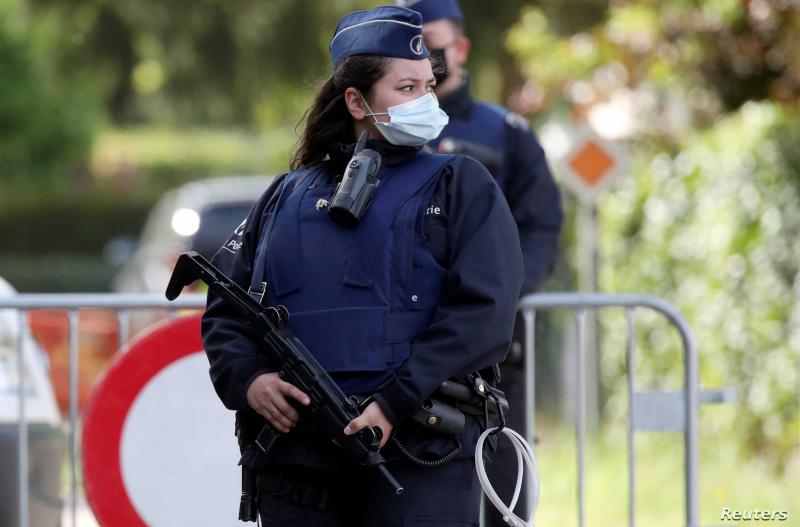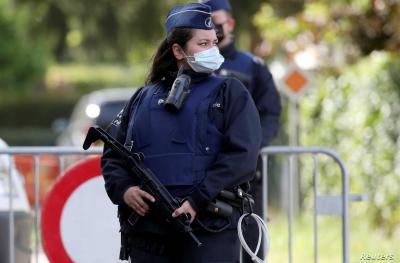The United Arab Emirates and Belgium have signed an agreement for the extradition of criminals, with Belgium hoping to secure the extradition of drug traffickers sought by its judiciary, as announced by an official source in Brussels. The Belgian Ministry of Justice stated on Friday that two bilateral agreements were signed, one concerning the extradition of criminals and the other regarding mutual legal assistance in criminal matters in Abu Dhabi. The Belgian delegation was led by Justice Minister Vincent Van Quickenborne and Federal Prosecutor Frédéric Van Liu, who is responsible for terrorism and organized crime. The same source indicated that the two agreements were successful "after over a year of intense negotiations."
Belgian authorities sought to establish these agreements, believing that the UAE serves as a refuge for major drug traffickers in the absence of an extradition agreement until now. Van Quickenborne and Van Liu stated in a released statement that investigations in Belgium regarding organized crime "continually lead to suspects hiding in the UAE, especially in drug trafficking cases." The Minister of Justice's office clarified that the Belgian judiciary issued international arrest warrants for "seven individuals" indicating "indications of their residence in the UAE." However, there are doubts surrounding other cases; the Minister's office mentioned in a message distributed to the media, "There is no doubt that if cooperation occurs now, international arrest warrants will be issued for another ten individuals."
Exact locations of their residences have not been specified, but Belgian media reported that some "key figures" in drug trafficking reside in Dubai, a fact revealed through the decryption of a quantity of encrypted communications via the "Sky ECC" network. Several European countries, including Belgium, executed a major security operation in early 2021 against this widely used communication system, particularly in cocaine trafficking between South America and Europe. Interception of communications led to a series of new investigations in Belgium, resulting in "a total of 558 arrests," according to Van Quickenborne, who added that "it is unacceptable for major criminals to attempt to escape prosecution by hiding abroad." Belgian authorities have also revealed that investigations in the Netherlands, following the dismantling of the "EncroChat" encrypted system used by drug mafias, continually lead to the presence of traffickers in the UAE.
The Belgian-UAE legal assistance agreement particularly allows for the confiscation of traffickers' assets and the income derived from their criminal activities.




